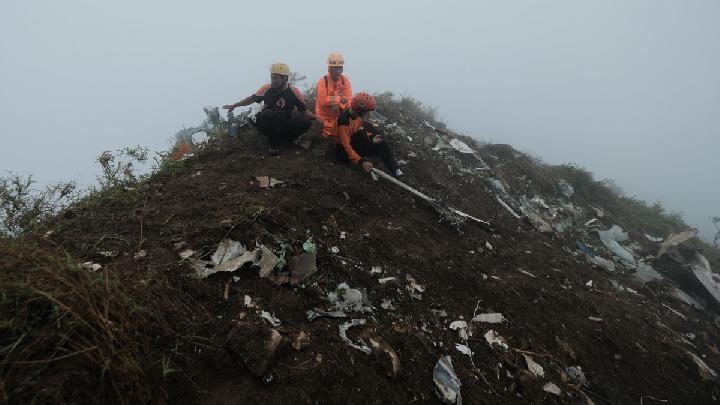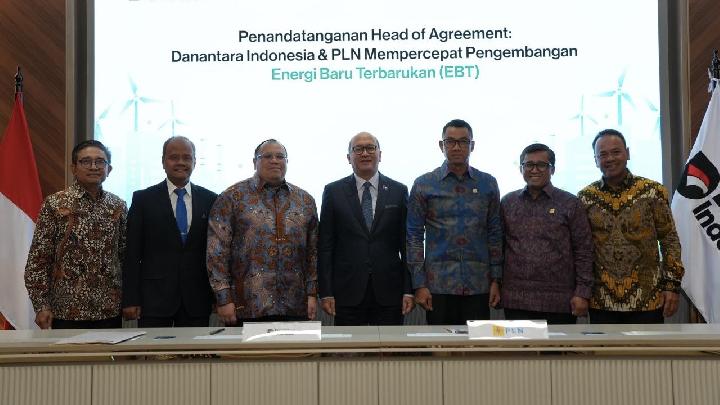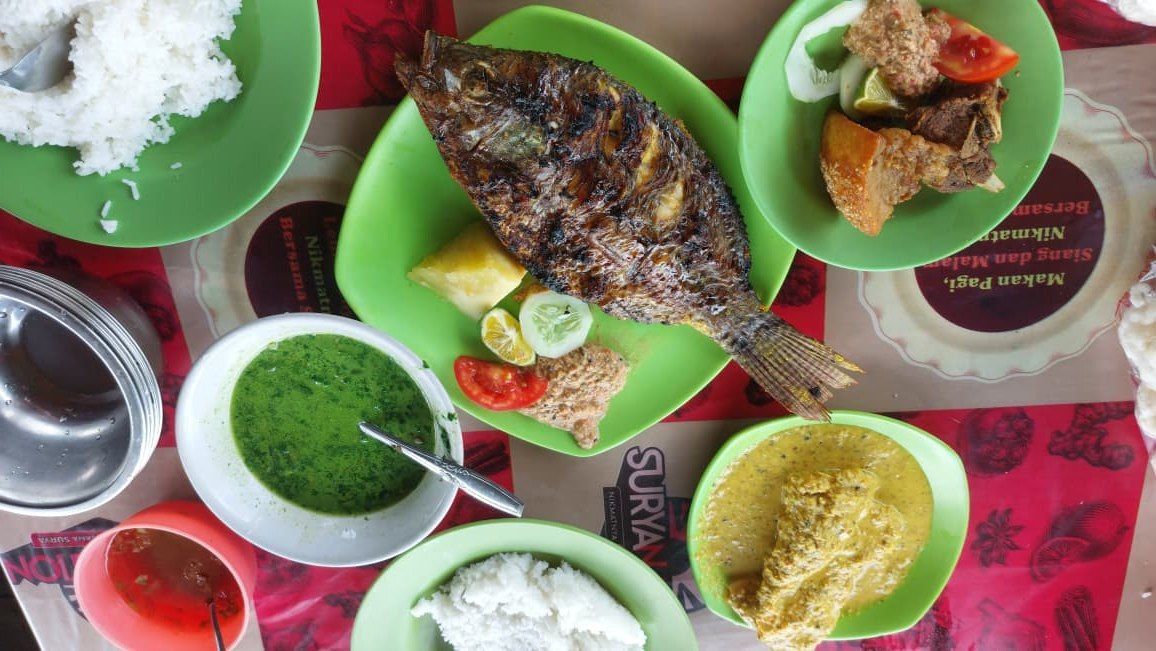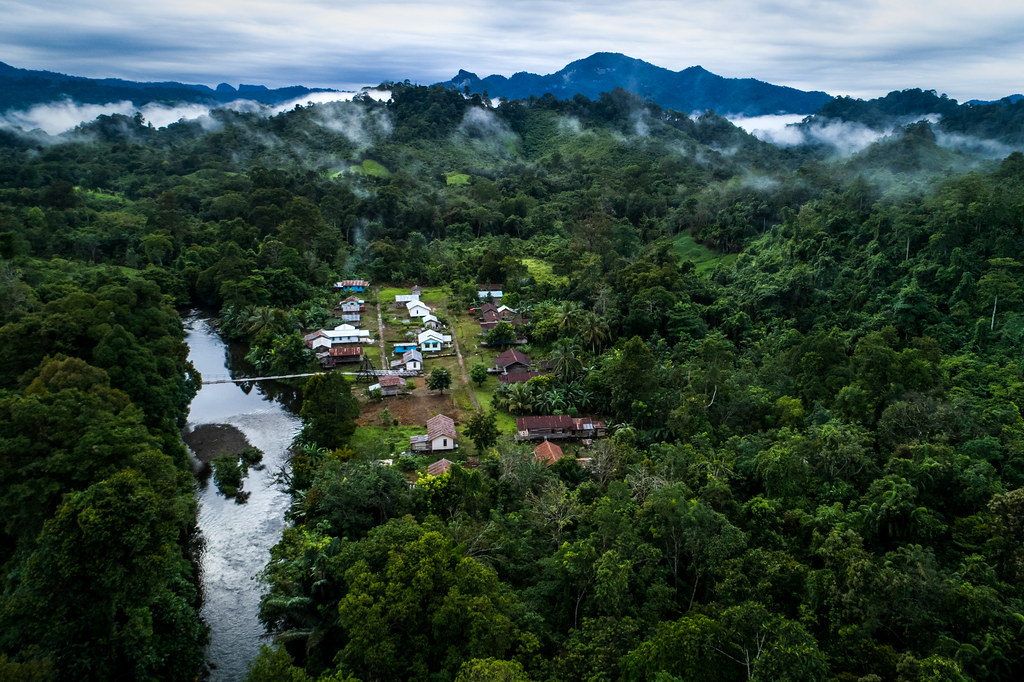November 7, 2025 | 11:57 pm
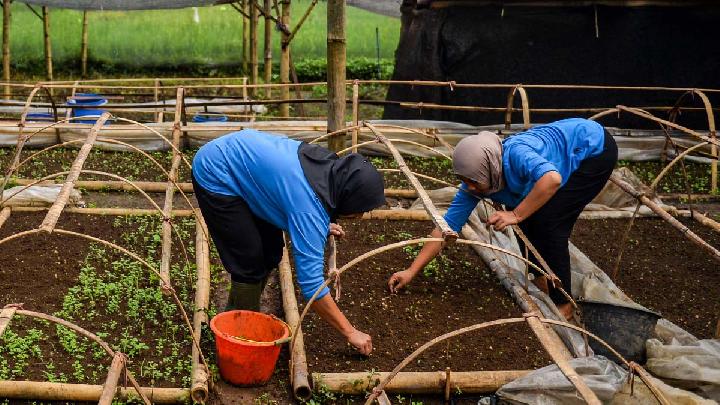
TEMPO.CO, Jakarta - A study by researchers at Colorado State University has revealed the magnitude of the threat posed by climate change to plantation crops such as coffee, chocolate, and wine. The theory about the impact of rising global temperatures and changes in rainfall patterns on crop yields was derived from research in Western Europe, northern South America, and West Africa.
Citing a report by Earth on Thursday, November 6, 2025, scientists used large climate models and crop suitability metrics to estimate conditions in 2036 and 2045. The study stated that these crops might not survive, even with new ideas to mitigate global warming. The cooling methods currently proposed are not reliable in protecting these plantation crops.
The study, led by Ariel L. Morrison from Colorado State University, focused on climate variability and its risks to agriculture. The research team tested methods of stratospheric aerosol injection, which involve dispersing highly reflective particles in the atmosphere to lower surface temperatures. This strategy has also been evaluated in a report by the National Academies.
Changing rainfall and air humidity due to global warming are predicted to disrupt agricultural stability. While temperatures may decrease due to solar cooling, the water risk can still fluctuate drastically across seasons and regions.
The researchers also warned that solar cooling redistributes heat and humidity rather than targeting specific agricultural needs. They used climate simulations for 18 major production regions and assessed annual suitability using an agroclimatic index. There are also simple metrics that can track temperature, rainfall, and disease pressure. Two cooling targets were compared with a future without intervention.
Overall, only six out of eighteen regions consistently showed cooling, while the rest showed minor changes or varied results. Lower temperatures helped reduce heat stress in some vineyards. However, vineyards also require a definite winter rest period. This means that excessively warm temperatures can accelerate flowering and increase the risk of frost.
A viticulture review noted that warmer springs cause earlier bud break, increasing exposure to damaging frost. This dynamic explains why a warmer world can still experience detrimental winter events in spring.
Farmers Need to Adapt
One way to mitigate this risk is to adapt to the situation. Farmers can switch varieties, change canopy layouts, improve drainage, adjust harvest times, and invest in shade and wind protection. The choices for adaptation vary depending on the crop and location.
Some risks are easier to manage than others. If water is available, irrigation can address drought. Water storage on farms is helpful, and some tools can prevent heavy, week-long rains that trigger diseases. In short, climate change not only alters weather but also changes the geography and sustainability of luxury food and crops worldwide.
Editor's Choice: As COP30 Opens, Indonesian Civil Institutions Calls for Clear Direction on Climate Funding
Click here to get the latest news updates from Tempo on Google News
As COP30 Opens, Indonesian Civil Institutions Calls for Clear Direction on Climate Funding
4 jam lalu

As the key forum COP30 approaches, civil society is pushing for local policy adjustments to ensure that climate funding reaches vulnerable communities and indigenous people.
UNEP Warns Earth Could Speed Past 1.5C Threshold by 2035 as COP30 Approaches
11 jam lalu

A UNEP report indicates that the global average temperature will exceed 1.5 degrees Celsius by 2035.
COP30, The Moment of Truth
1 hari lalu

Today, in the Brazilian Amazon, the Belm Summit opens ahead of the 30th United Nations Climate Change Conference (COP30).
Indonesia to Participate in 7 Key Talks at COP30, What Are They?
3 hari lalu

A delegation of 450 people from Indonesia will participate in COP30 in Brazil this month.
How Climate Change Is Making Us Sick
4 hari lalu
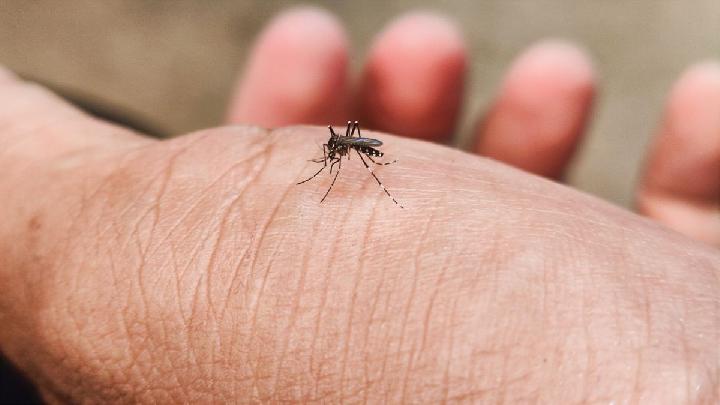
The recent discovery of mosquitoes in Iceland is just one way in which the climate crisis is creating health hazards.
Statistics Indonesia Projects 4.1 Million-Ton Increase in 2025 Rice Production
4 hari lalu
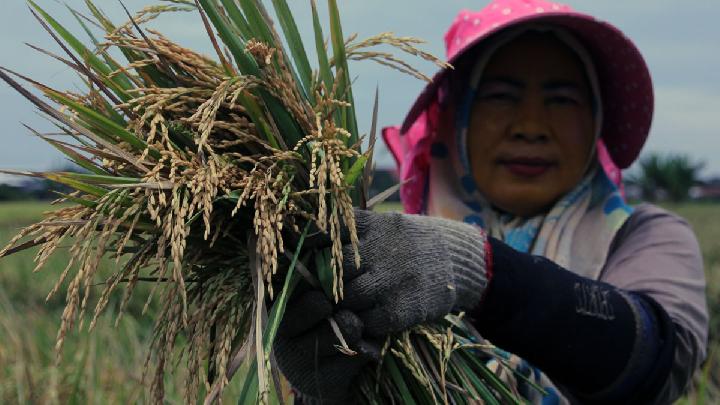
Statistics Indonesia (BPS) states that the potential rice production can still change depending on planting conditions until the end of the year.
KAI Commuter Introduces Special Trains for Farmers and Traders
4 hari lalu

PT KAI Commuter introduces a new service in the form of special trains for Indonesian farmers and traders operating on the Merak-Rangkasbitung route.
Bulog Launches New Packaging for Befood Sentra Ramos Rice
5 hari lalu

Bulog CEO noted that Befood Sentra Ramos is a premium rice product, boasting a 14% moisture content and a broken rice percentage of only 15%.
Risks and Challenges Loom as Indonesia Moves to Develop Nuclear Plants
10 hari lalu

To build one Nuclear Power Plant (PLTN) unit in Indonesia, a fund of Rp61.7 trillion is required.
Threat of Greenwashing Behind Indonesia's Climate Mitigation
10 hari lalu
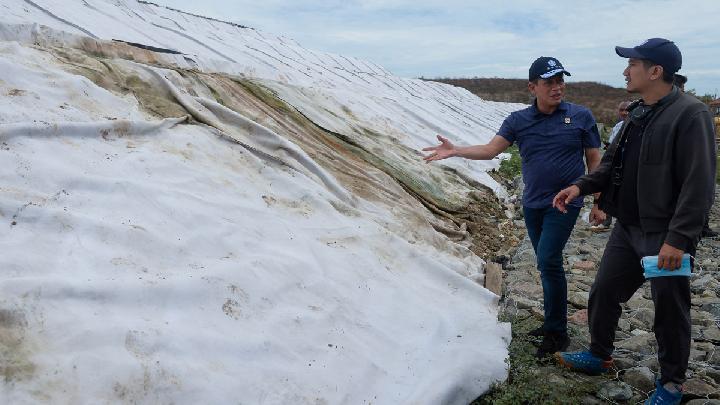
The Indonesian government is ready to submit its latest climate mitigation commitment document.

